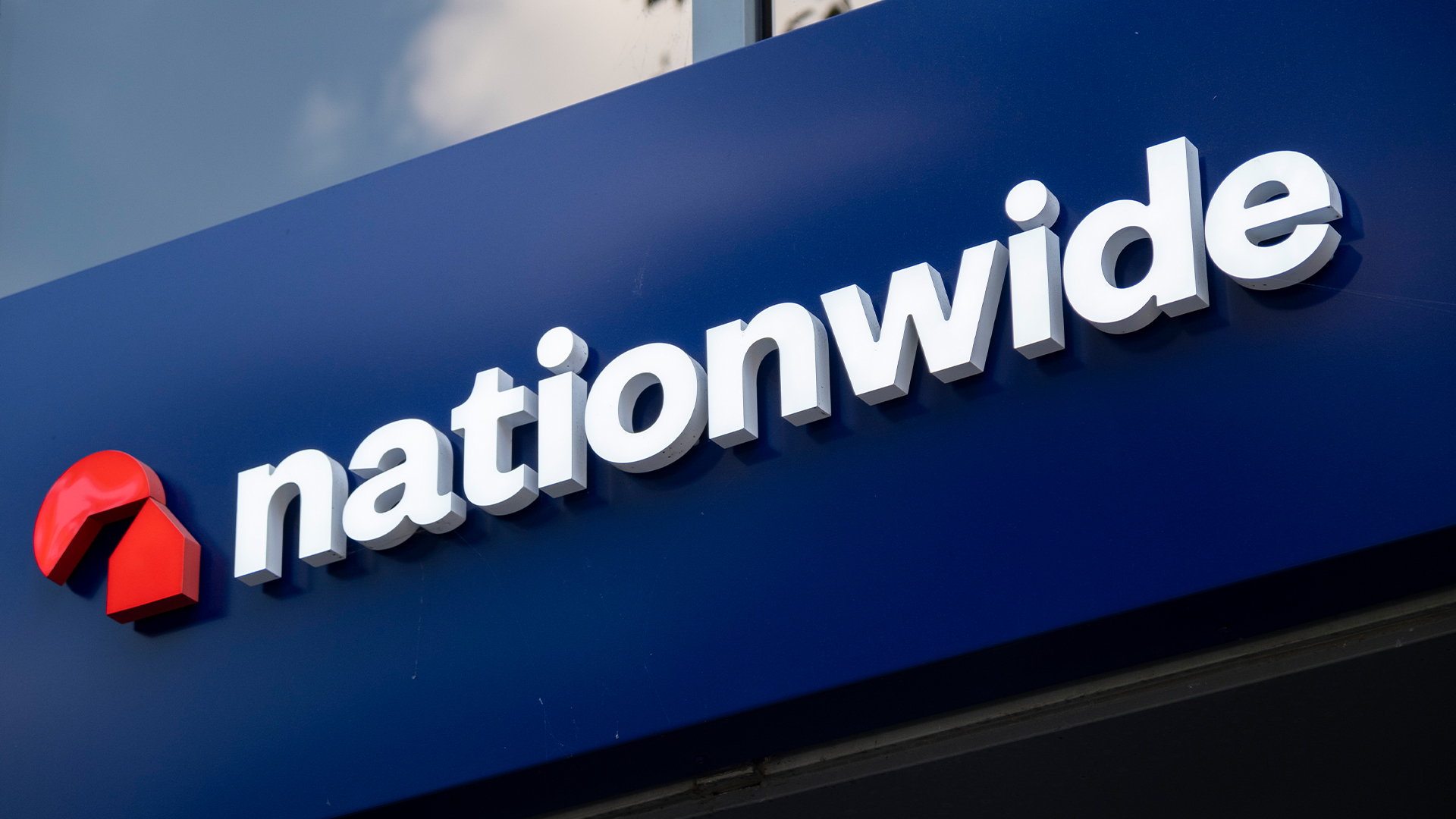A buyers and sellers guide to navigating M&A
Matt Newing provides a guide on mergers and acquisitions for both buyers and sellers

With the value of global M&A deals reaching £2.25 trillion in 2014, the highest number since the financial crisis, companies are developing an appetite for even faster expansion through acquisition[1].
Many businesses have succeeded, but with various pitfalls to manoeuvre, many have also failed. It is important resellers provide businesses with the correct advice on processes to enable successful acquisitions, and ensure the best and most profitable outcome for all parties.
There are a few steps to follow which can help businesses navigate the minefield that is M&A.
Determine goals
Whether a company is in the market to buy or sell, long-term and short-term objectives need to be determined. These will inform the type of businesses that should be considered as targets. Resellers should ask would-be acquirers the following: do you want to add scale to your existing business? This would involve buying a company that closely resembles the acquirer’s company, to expand and increase capabilities, buying power and offer synergies.
Another reason to buy could be the acquisition of new skill sets. This would involve obtaining quality staff with knowledge of the industry who can bring with them successful processes to complement an expansion. In some cases this can mean buying-in an entirely new skill set for the business.
It should also be advised that buying triggers also include gaining access to new customers. By accessing a wider customer base a business can also increase its market share, enabling the cross-selling of existing services to a new audience.
Stay up to date with the latest Channel industry news and analysis with our twice-weekly newsletter
Source the right business
Once the objectives are agreed, a reseller should engage with experienced corporate advisors who can profile potential acquisition targets. For buyers, this approach ensures that the businesses targeted can help expand offerings, add scale, or provide access to new customers. The culture of the existing business also needs to be considered to ensure suitable targets will fit. Good corporate advisors will also help raise funds with the potential targets in mind.
Appropriate funding
Similarly, when approached by a potential buyer, resellers should work with the business being acquired to check the appropriate funding can be sourced. Not all potential acquirers will have finance in place and access to finance is often a key reason acquisitions halt. Whilst a buyer will ask sellers lots of questions about its business, sellers should similarly ask them about their business. This will tell them whether the company really has the ability to conclude a transaction.
Understand deal structure and flexible integration
Resellers should advise businesses of the importance of having the flexibility to negotiate integration terms that suit both parties. This entails negotiating whether payment will be entirely on completion or staged, and whether any staged payments are linked to performance (known as an ‘earn-out’).
An earn-out gives the seller the opportunity to further increase the value of the business over an agreed period of time to achieve a higher overall payment.
Due diligence
Perhaps the most important step that resellers should be advising businesses to do as part of the acquisition process is to carry out due diligence, which entails a very detailed investigation of the company being bought. This process ranges from delving into finance, to interrogating billing systems; an essential step in identifying how to integrate businesses and the value of the deal itself. From experience, a few things can come out of the woodwork at this stage. It is amazing what you can find buried away in some businesses.
Sellers should prepare by gathering any documentation potential buyers will require, such as past financial statements. The more sellers prepare for this stage, the better the chances are of selling the business.
Manage communication and minimise disruption
Once the structure of the deal has been agreed, it is necessary to plan effectively for a post deal world. It will come as no surprise that the management of communication and minimisation of disruption following an acquisition can be hard. In fact, it has been found that more than half of mergers and acquisitions will fail as a consequence of ineffective integration of information and processes when companies join forces[2].
With this in mind, resellers have a critical role to play in the acquisition process. It is essential that businesses are given a clear guide on best practice, and work with an experienced buyer to factor in solid communication with staff and customers to minimise confusion. This will ensure companies are making the most of benefits which are commonly overlooked, such as using existing staff knowledge to its full potential, and also planning ahead for any challenges which could arise.
Without this, businesses run the risk of directly affecting areas such as customer service, account management and billing, leading to the potential loss of valuable members of the team who fear for their position following the integration.
From experience, following these steps has proven to be a reliable way to acquire and maintain businesses with minimal disruption to staff and customers.
Matt Newing is CEO at Elitetele.com
[2] Studies by, among others, KPMG, PwC and Deloitte
-
 Nationwide forges closer ties with AWS in cloud transformation push
Nationwide forges closer ties with AWS in cloud transformation pushNews The building society is “consolidating and modernizing” cloud infrastructure and focusing heavily on internal skills development
-
 Finance and security leaders are odds over cyber priorities, and it’s harming enterprises
Finance and security leaders are odds over cyber priorities, and it’s harming enterprisesNews Poor relations between the departments can be solved by CISOs talking in a language CFOs understand
-
 How AI is reshaping the role of spreadsheets in accounting
How AI is reshaping the role of spreadsheets in accountingIndustry insights Modernizing spreadsheets can enable secure and AI-ready accounting and finance functions
-
 Implementation and atychiphobia: helping SMEs overcome fear
Implementation and atychiphobia: helping SMEs overcome fearIndustry Insights Fear of failure stalls SME system upgrades, but resellers can calm concerns and build confidence
-
 HSBC says get back to the office or risk bonuses – and history shows it’s a tactic that might backfire
HSBC says get back to the office or risk bonuses – and history shows it’s a tactic that might backfireNews HSBC is the latest in a string of financial services firms hoping to tempt workers back to the office.
-
 Unlock the potential of LATAM’s booming crypto market
Unlock the potential of LATAM’s booming crypto marketwhitepaper Strategic pathways for crypto companies looking to expand into Latin America
-
 The customer knows best: How to ensure you’re delivering an effective digital payments experience
The customer knows best: How to ensure you’re delivering an effective digital payments experienceSponsored Tap into shifting customer trends with account information services that will give your business a competitive edge
-
 How AI is accelerating digital transformation in the banking industry
How AI is accelerating digital transformation in the banking industrySupported Content Gen AI, fraud detection, and chatbots are all transforming the financial industry, but the cloud is the foundation for it all

